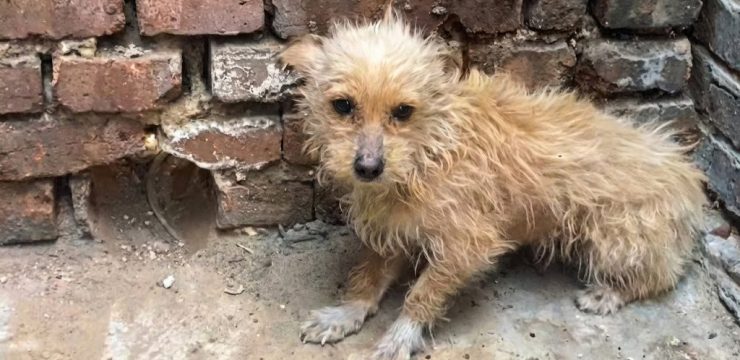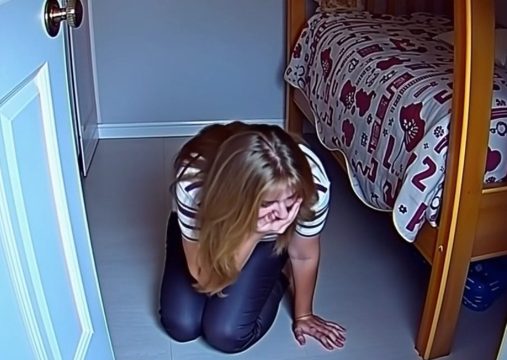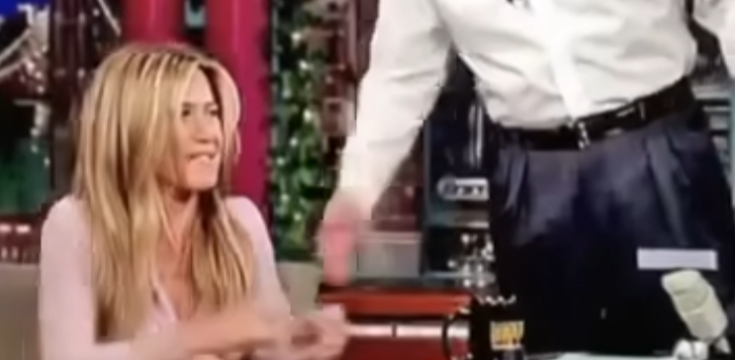The first time I saw him was outside the 24-hour laundromat, huddled in a corner where the flickering neon sign cast a pale pink glow over the cracked sidewalk. He lay on a torn camping mat, curled in a way that suggested it was the only position that didn’t hurt. Sprawled across his chest was a small orange cat with half an ear missing, stretched out as if she had claimed him as her own.

Their breathing rose and fell in sync, like they had been doing it for years. Even asleep, it was clear life had been rough on him. His shoes were held together with strips of duct tape, frayed at the edges. His “backpack” was just a black trash bag tied twice at the top, slouched beside him as if it had no energy left either. I didn’t know his name then, or hers, but I started bringing them food from the café where I worked the night shift—an extra muffin here, a cup of soup there, once even a grilled cheese sandwich no one had picked up. He never asked for anything, always thanked me, and always made sure the cat ate first. One night, after weeks of passing by, I sat down on the curb beside him.
The sidewalk was still warm from the day, but the air had cooled. The cat lifted her head to watch me. “What’s her name?” I asked. He looked at her like the answer had always been there. “Hazel,” he said softly, stroking the patch behind her damaged ear. “She chose me. That’s all that matters.” Slowly, he began sharing pieces of his story—how his brother stopped returning his calls, how his mother had died three winters ago in a tiny apartment, how he’d tried staying in shelters but Hazel wasn’t allowed, so he chose the street over warmth. “She’s my reason,” he told me one night. “As long as she’s okay, I’m okay.” Then one week, they were gone. For three nights in a row, the laundromat corner was empty—no mat, no bag, not even a stray food wrapper. People said a city crew had cleared the area, but no one knew where he’d gone.
Then one cold morning, I spotted Hazel at a bus stop, sitting perfectly still, watching me like she had been waiting. Her fur looked duller, her frame thinner, but it was her—the same uneven ear, the same calm stare. I crouched down, afraid she’d run, but she walked straight to me and rubbed against my shin. “Where is he?” I whispered, knowing she couldn’t answer. I scooped her up, feeling how light she was as she tucked her head under my chin like she remembered me. Without thinking, I turned around and headed home.
I lined a laundry basket with an old sweater and she fell asleep almost instantly. The next day, I called every place I could think of—animal control, shelters, hospitals—stumbling over my description: “Thin, maybe late forties, scruffy, always with an orange cat named Hazel.” Nothing. At the vet, she was microchipped, but the record was years old with no contact information. “She’s healthy,” the vet said, “just underweight.” I bought litter, food, and toys she mostly ignored. Every time we passed the laundromat, she stopped and looked toward the empty corner. Two weeks later, on a rainy Tuesday, June—one of the regulars who hands out socks and snacks to people on the street—walked into the café.
“You’re the one who used to sit with Martin, right?” she asked. The name hit me hard. She told me she’d heard he collapsed near the train tracks and had been taken to County General. I called the hospital asking for Martin, and they had him—no ID, no contacts, in a medically induced coma for nearly two weeks with severe pneumonia. I left work and went straight there. Seeing him pale and frail in that bed knocked the air out of me. I told him Hazel was safe. Three days later, his eyes opened. “Hazel?” he croaked. “She’s fine,” I said, laughing through tears. The nurse bent the rules and let me bring Hazel in. She leapt onto his bed and curled up beside him like she’d never left. “She found you,” he whispered.
“No,” I told him. “She waited.” Recovery was slow. Hazel stayed with him by day, with me at night. Eventually, a charity offered him a small pet-friendly studio in a converted motel. The day he moved in, Hazel trotted inside like she owned it. A month later, his niece walked into the café after seeing Hazel in an online photo. She hadn’t seen him in years, but they reunited the next day. Now Martin volunteers at the shelter that once turned him away because of Hazel, a place that has since changed its pet policy. Hazel still rules the household, and I still stop by with muffins, reminded that sometimes the smallest act can ripple into something much greater—all because one cat chose one man, and that man never stopped choosing her back.





